contributed by Dini Rao
As I think about the importance of newborn screening, I can’t help but wonder how this would have completely changed my family’s lives.
My daughter Ayoni was diagnosed with Prader Willi Syndrome late at nearly five years old. At birth, she had many of the telltale signs of Prader Willi Syndrome including low tone, inability to suck or swallow milk, acid reflux, and no crying. However, she went six years before we were able to get her on growth hormone (GH) or the right diet.
It is hard not to think about how her development would have improved if she’d been on GH for these critical first six years of her life. How would her brain have been allowed to develop? Would she have been spared years of unexplained obesity and extreme low tone? And could her lungs and heart have formed stronger?
With a diagnosis, would we have tried intensives or other therapeutic interventions that would have eased her struggles? Could we have been spared those years of endless searching, undirected doctors visits up and down the East Coast and all those unanswered questions? What would it have been like to have a community to learn from and lean on?
Ayoni is now eight and thanks to the privilege of our resources, I feel we are catching up on her care. But I wonder what it is like for those who can’t catch up and even if it is ever possible to fully make up for those lost years.
Usually it is the most marginalized folks that face the delayed diagnoses and care. In collaborating with the ALS community, we learned of a study done at Emory University that found Black people were diagnosed with ALS an average of 8 months later than others. This holds true even though most of those people are adults who can communicate and have an experience of life before ALS. So, I can only imagine what the delays are for Black, Latine, Indigenous and other families of color with children living with Prader Willi. What are the collective losses for all those people who are delayed in receiving care, perhaps far beyond the five years we waited?
Part of the problem we faced is that doctors have an image in their minds of what a person with Prader Willi looks like – a fair skinned, blond-haired baby with blue eyes. Medical literature and online examples mostly support that picture. The truth is that PWS does not discriminate by “race” or ethnicity. This is part of why I started a social media page @conquerpws, to show Ayoni’s journey and shed light on this fact. Unconscious bias also leads to poorer diagnoses for people of color – cultural beliefs that it is more acceptable or even assumed that a person of color will suffer. We were often told by doctors, she isn’t that bad or there isn’t really anything to be done. Similarly, obesity might be explained away with assumptions that those populations eat too much junk food, rather than searching deeper. It is hard to fight those biases, especially when doctors aren’t even conscious of having them. We need to remove personal bias from the diagnosis equation.
This is why we critically need to add Prader Willi syndrome to the universal newborn screening list in all states. Once added, families can receive their diagnoses sooner and begin receiving critical care in a timeframe that matters. Knowing a diagnosis from birth would help so many families, particularly those most marginalized to begin with. Families shouldn’t have to gamble on receiving life-saving diagnoses.
As some of you may know from our recent podcast episode on the PWS Connect podcast, a few other parents and I have started a PWS Affinity Group for people who identify as BIPOC (Black, Indigenous, and People of Color). With this group we hope to identify some of the struggles we collectively face and work towards better solutions, as well as offer each other support. If you identify as BIPOC or raise someone who is, please reach out to us at BIPOCPWS@gmail.com to join our group.
I included a photo of Ayoni from 2020 and one from 2024 to show you the huge difference a diagnosis has made for us. In the first one, Ayoni is next to her older sister and the two were eating the same diet.
Emory study reference: https://alsnetwork.org/black-patients-with-als-face-significant-diagnostic-delays-large-study-confirms/

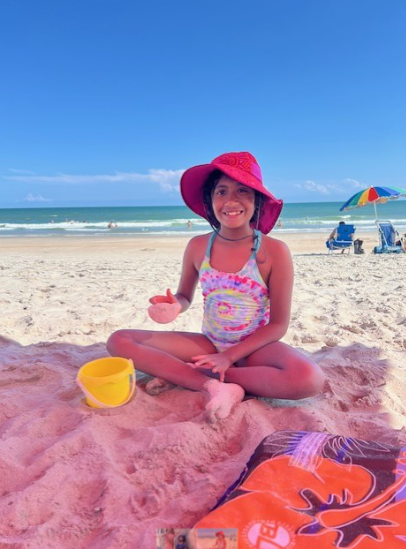
Share this!

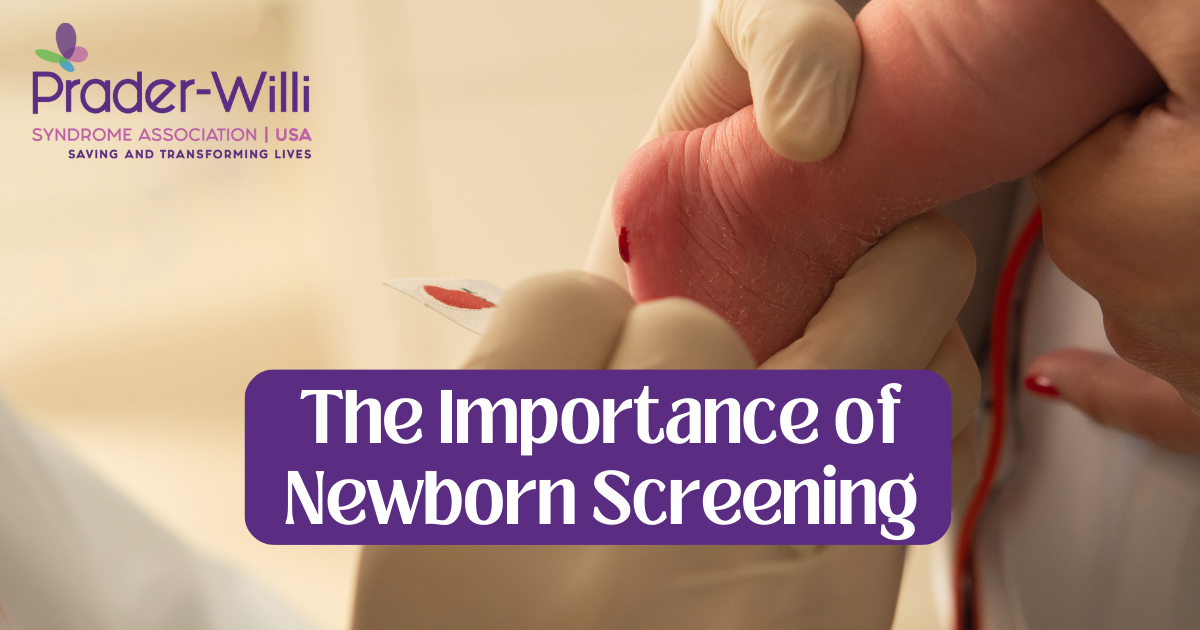
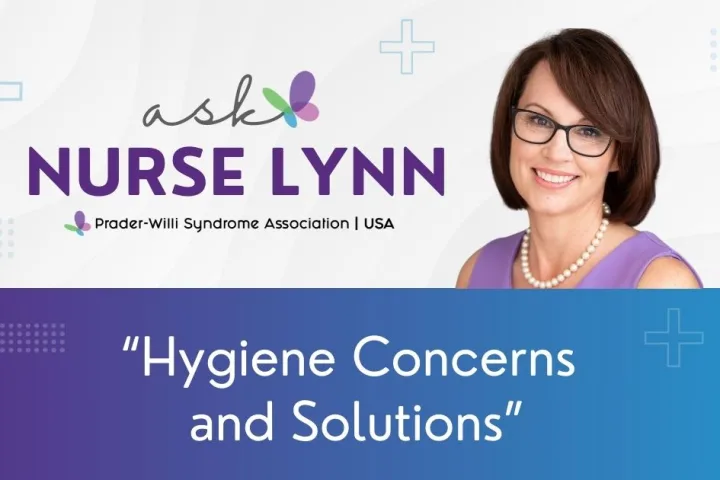
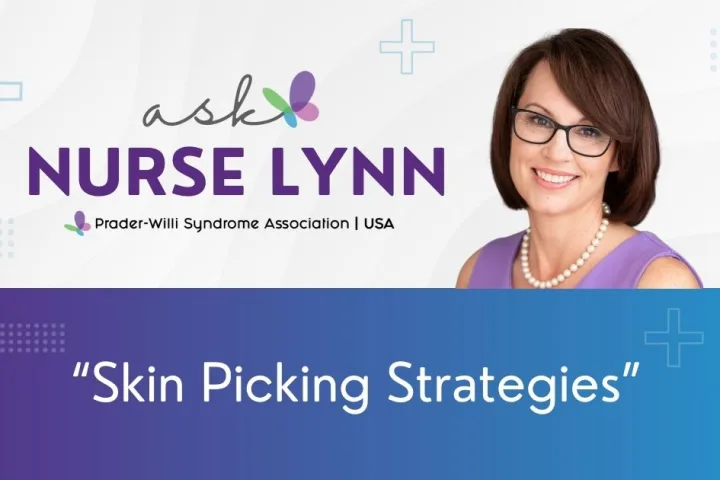
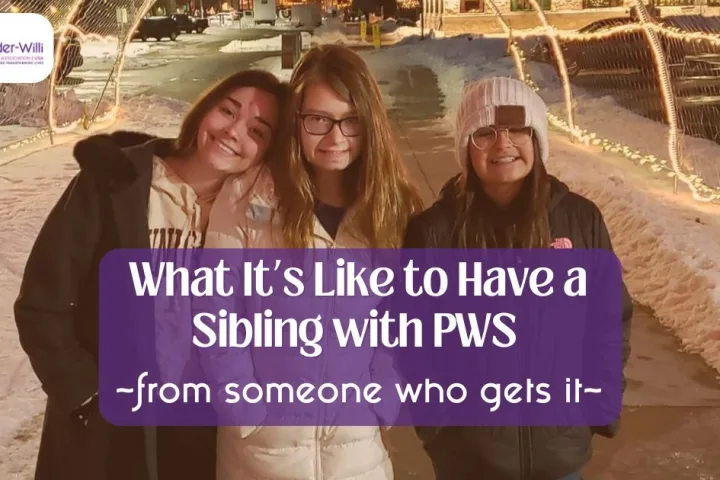
 Jennifer Bolander has been serving as a Special Education Specialist for PWSA (USA) since October of 2015. She is a graduate of John Carroll University and lives in Ohio with her husband Brad and daughters Kate (17), and Sophia (13) who was born with PWS.
Jennifer Bolander has been serving as a Special Education Specialist for PWSA (USA) since October of 2015. She is a graduate of John Carroll University and lives in Ohio with her husband Brad and daughters Kate (17), and Sophia (13) who was born with PWS. Perry A. Zirkel has written more than 1,500 publications on various aspects of school law, with an emphasis on legal issues in special education. He writes a regular column for NAESP’s Principal magazine and NASP’s Communiqué newsletter, and he did so previously for Phi Delta Kappan and Teaching Exceptional Children.
Perry A. Zirkel has written more than 1,500 publications on various aspects of school law, with an emphasis on legal issues in special education. He writes a regular column for NAESP’s Principal magazine and NASP’s Communiqué newsletter, and he did so previously for Phi Delta Kappan and Teaching Exceptional Children. Evan has worked with the Prader-Willi Syndrome Association (USA) since 2007 primarily as a Crisis Intervention and Family Support Counselor. Evans works with parents and schools to foster strong collaborative relationships and appropriate educational environments for students with PWS.
Evan has worked with the Prader-Willi Syndrome Association (USA) since 2007 primarily as a Crisis Intervention and Family Support Counselor. Evans works with parents and schools to foster strong collaborative relationships and appropriate educational environments for students with PWS. Dr. Amy McTighe is the PWS Program Manager and Inpatient Teacher at the Center for Prader-Willi Syndrome at the Children’s Institute of Pittsburgh. She graduated from Duquesne University receiving her Bachelor’s and Master’s degree in Education with a focus on elementary education, special education, and language arts.
Dr. Amy McTighe is the PWS Program Manager and Inpatient Teacher at the Center for Prader-Willi Syndrome at the Children’s Institute of Pittsburgh. She graduated from Duquesne University receiving her Bachelor’s and Master’s degree in Education with a focus on elementary education, special education, and language arts. Staci Zimmerman works for Prader-Willi Syndrome Association of Colorado as an Individualized Education Program (IEP) consultant. Staci collaborates with the PWS multi-disciplinary clinic at the Children’s Hospital in Denver supporting families and school districts around the United States with their child’s Individual Educational Plan.
Staci Zimmerman works for Prader-Willi Syndrome Association of Colorado as an Individualized Education Program (IEP) consultant. Staci collaborates with the PWS multi-disciplinary clinic at the Children’s Hospital in Denver supporting families and school districts around the United States with their child’s Individual Educational Plan. Founded in 2001, SDLC is a non-profit legal services organization dedicated to protecting and advancing the legal rights of people with disabilities throughout the South. It partners with the Southern Poverty Law Center, Protection and Advocacy (P&A) programs, Legal Services Corporations (LSC) and disability organizations on major, systemic disability rights issues involving the Individuals with Disabilities Education Act (IDEA), Americans with Disabilities Act (ADA), and the federal Medicaid Act. Recently in November 2014, Jim retired.
Founded in 2001, SDLC is a non-profit legal services organization dedicated to protecting and advancing the legal rights of people with disabilities throughout the South. It partners with the Southern Poverty Law Center, Protection and Advocacy (P&A) programs, Legal Services Corporations (LSC) and disability organizations on major, systemic disability rights issues involving the Individuals with Disabilities Education Act (IDEA), Americans with Disabilities Act (ADA), and the federal Medicaid Act. Recently in November 2014, Jim retired.